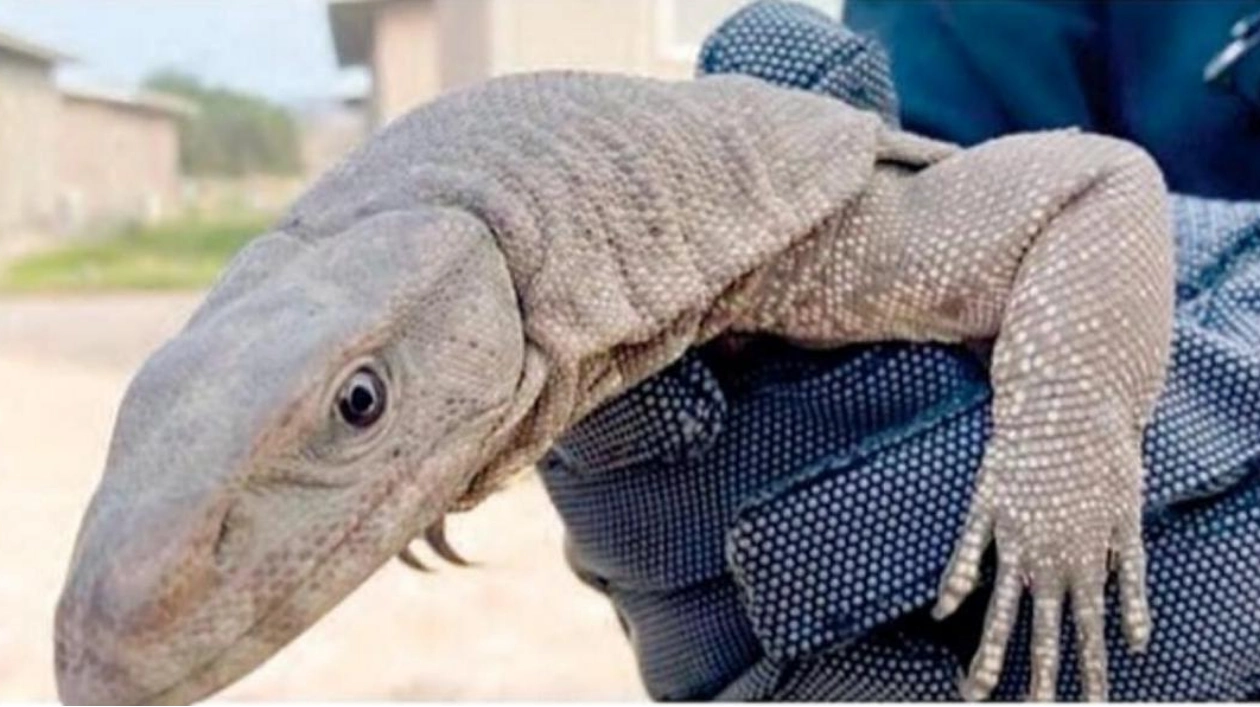The team specializing in handling predators and wild animals has responded to 17 reports of various reptiles and poisonous predators, which were reported by citizens and residents of Fujairah. Since last year and until the first quarter of this year, Fujairah authorities have received a total of 173 reports. When animals are captured from residential areas, they are either quarantined or taken to Wadi Wurayah Reserve laboratories. Subsequently, researchers implant a chip on the animals, making monitoring easier, once the creatures are released back into the wild.
At the same time, in some instances, authorities transfer the animals to zoological parks in the country, whether for research or safety purposes. Dr. Ali Hassan Al Hamoudi, the director of the Wadi Al Wurayah Reserve, mentioned that experts and researchers documented 20 species of mammals over the past years, including the lynx, the Red fox, and the Afghan Blanford fox. The experts also have a record of the Indian crested porcupine, the mountain hedgehog, and the Arabian tahr, in addition to 114 species of birds, including owls, hawks, wallas, and falcons, and 28 species of reptiles.
A team of researchers handles animal reports, continuously monitoring wild species to ensure the safety and security of both humans and animals. Asila Al-Mualla, director of the Fujairah Environment Authority, emphasized that the team promptly responds to reports received on their hotline 800368, designated for reporting wild, poisonous, and dangerous animals and birds, as well as animals rarely found in the emirate.






